How two generations of progressives are defining Philly’s 2023 mayor’s race
Two different eras will collide on the ballot in May.
Editor's note: A previous version of this article said Maria Quiñones Sánchez worked under the late Augusta Clarke. Quiñones Sánchez, in 1999, worked for former Councilmember Marian Tasco.
This year’s Philadelphia mayoral election launched with a lineup of highly skilled, battle-tested candidates pledging to put an end to the entrenchment that has, over time, eroded basic city services, with the city’s poorest neighborhoods bearing the weight of disinvestment while also being protagonists in the play-by-play of political promises.
But if there’s one thing the race for Philadelphia mayor has shone a beaming spotlight on, it’s the evolving litmus test for progressivism in local politics, which, according to leading organizers, insiders, and experts, has taken on different forms that rely on timing, the state of the city and who happens to sit on its leading municipal body.
Present, but not ensconced
On the campaign trail, nominee after nominee delivers simple yet unapologetic messaging that makes it difficult to distinguish whether common-sense problem-solving in city hall is bold enough to qualify as progressive.
“Who is progressive often changes with election cycles,” declared Eric Rosso, executive director of the digital publication PA Spotlight and senior advisor to Philadelphia Councilmember Kendra Brooks.
Rosso adds, "When it benefits candidates, they like to claim the tag, and when it doesn't, they don't.”
More recently, progressive groups have cemented their prerequisites. They source homegrown organizers with enough mettle to build a movement as someone who can become viable contenders with the power to convene coalitions across the city and gain the endorsement of the group while also sharing history with them.
“It goes back a long way before us, that's for sure,” said Sergio Cea, the interim Political Director at Reclaim Philadelphia, a local organizing group born after the rise of Bernie Sanders, a presidential contender in 2016, who is affiliated with the early stages of the progressive movement.
Cea is Reclaim’s first Latino political director.
“But it's become more aligned recently, over the last few cycles,” he recognized, “and I think neighborhood networks did a lot of the early work around this alignment.”
Indeed, the work of neighborhoods over time forged candidates like Helen Gym, a lifelong educator, community organizer, and activist whose work elevated her into the public sphere and, later, into high-profile political work through her at-Large seat in city government.
The class of Gym — which ushered a new era of municipal representation along with Councilmember Kendra Brooks, the first third-party member of City Council in Philly history — is now increasingly defined by the Working Families Party, despite Gym, now a mayoral candidate, being a Democrat.
And while the party affiliation doesn’t necessarily disqualify progressive ideas, the WFP movement draws a sharp distinction in creating a self-sustaining operation.
Rosso, a longtime ally and operative for local progressives, said the movement “is serious about taking on power in a way that it has never been before.”
Part of that endeavor, Rosso explained, is “looking at the movements they came from, they were looking at how they have grown, and how these organizations have developed… to make up the progressive movement over the last decade.”
“They want to elect people who share that alignment with them so that when elected into City Hall, they know they have easy access to them, that they can co-govern with them, that they can build support and take on powerful interests.”
Is that possible outside the confines of the new progressive wave and the WFP apparatus?
Yes, and onlookers don’t even need to go beyond the 2023 race for Philly mayor to find an example.
Back in 2008
Maria Quiñones Sánchez comes from a different era in politics. She followed in the footsteps of former councilmember Ángel Ortiz, a Puerto Rican like her, whose background has shared the experience with groups that leaned left of center.
The difference between them was Ortiz assumed an at-Large office while she remained loyal to District 7.
Ortiz, like Quiñones Sánchez, was the first in his own right as a Latino who sought visibility in Philadelphia City Hall.

“I think that to a certain extent, Maria's story, or at least some of what you’re asking about, starts with Ángel,” said State Representative Ben Waxman, a longtime ally to Quiñones Sánchez, who previously managed her communications
Waxman described the timing of her election as inextricably linked to how her politics shaped her image.
“When Maria first got to council… there just were not left progressive voices on council, independent voices on council — people who saw their primary constituency as being low-income working-class, communities of color, particularly immigrant communities, and migrant communities,” Waxman described.
Though she never marketed herself as a progressive, Quiñones Sánchez stormed into politics in 2007, becoming the first ever Latina City Councilmember, championing forward-thinking legislation despite having few friends in the Democratic party.
One election cycle after another, she also snagged majority victories in primaries and general elections, signaling her stronghold in her neighborhood was anything but waning, even if her policy agenda wasn’t restricted to District 7.
District 7 has long been subject to political football, a predominantly Latino region routinely depicted as poor, impoverished, illiterate, and violent. Many tasked with leading it bear the brunt of steep criticism for the crisis that mires its residents.
A lone, progressive agitator
Ranked top among her 400 or so legislative accomplishments are the 2013 Land Bank, a reform that steered attention to vacant lots across the city, particularly in her district littered with industrial waste and garbage otherwise disposed of by passersby, and water affordability, a policy that eased the burden of high ticket water bills, which eventually became a national policy model.
Quiñones Sánchez’s legacy in council — which likewise includes language access, business tax reform, and affordable housing — was not limited to her regional boundaries, even as her professional and lived experience was informed by North Philly.
And because her policies stretched to other districts, she often found herself at the negotiating table with her colleagues, many of whom did not share her background or upbringing.
In a recent Philadelphia Citizen interview, Quiñones Sánchez bragged about her ability to create unanimous consensus in spite of her lone-wolf status.
“I’m ok with them never liking me,” she told former Philly Mayor Michael Nutter, who eventually endorsed Rebecca Rhynhart in the current race.
She had the makings of a movement but needed a logistical alignment to which it could attach itself.
A lone agitator.
A lesson in history
JoAnn Bell is a lobbying director at Pugliese Associates who almost immediately referred to herself “as having been around a long time, and I have.”
“I've been involved in Philadelphia politics since maybe 1979. And currently, I've worked for three mayors and two governors. And then I became a lobbyist in the mid-2000s,” Ms. Bell summarized.
She is the co-founder of the Black Women’s Leadership Council, a membership-based group that advances the role of Black women in public life, and she has engaged in this work for the greater part of the last two decades, aside from her political experience preceding it.
Ms. Bell put it best: “I certainly have been around long enough that people come to my door to ask my opinion and seek endorsements and advice. I don't do formal campaigns, I just keep myself topical.”
Asked where she would pinpoint the seed of the progressive movement, Ms. Bell pushed back on the question because “we would have to first agree on how we define progressive.”
Ms. Bell traced the movement back to the 1970s and spoke of the Clean Sweep Team, an organized group of rising Black politicians whose alumni boasts leaders who held the city’s executive office, such as former mayor John Street.
Ortiz also branched from the Clean Sweep Team, Ms. Bell told AL DÍA. “That was the change in running against the party, running against the establishment of the Democratic Party.”
Still, Ms. Bell said, “today, if you were to categorize them, they would probably be seen as moderates.”
“Twenty-five years later, you have a younger group of people who believe that the people who are in office or who withheld office for a long time have been there and do not have the policy they want. They want things to happen very differently.”
But even when elected officials anoint themselves progressive or party outsiders, the nature of elected office is one that requires meeting colleagues halfway, particularly in a body that segments the city into district-level and citywide governance.
Gathering support from other groups, like powerful unions, trades, and wards, is not a necessary endeavor; it’s a crucial one.
And its grip on political relationships remains firm, even in the aftermath of indictments over corruption in the very same spaces politicians navigate.
In the great majority of cases, this means subscribing to old-school politics from the outset and accumulating enough petitions to secure a spot on the ballot. The establishment, Ms. Bell argued, “is much stronger in that period.”
“Because you need them, you'll need to get on as many ballots as you can to win,” she continued.
That association begets the question of a continuing alliance when elected.
Maria from the neighborhood
When Quiñones Sánchez joined city council in 2008, after losing an election in 1999, there were no neighboring officials who could in any way comprehend her background: a have-not Latina who grew up in North Philly, translating bills and municipal hurdles for her mother over the phone from a landline and far from riches and notoriety.
RELATED CONTENT
For a brief stint at 17, she was a journalist and a thorn in the side of the ward leaders in her neighborhood and was once served with legal papers at her home.
She held a government job under Marian Tasco — who fostered and trained a generation of Black political leaders in Philadelphia — as well as a role with the Puerto Rico Office of Federal Affairs.
Later at ASPIRA, an education nonprofit she helmed before seeking public life, she negotiated with local, state, and federal government bureaucrats to pull the organization out of a profoundly precarious financial situation.
Indeed, it was a neighborhood that forged Quiñones Sánchez, though in a very different way and at a different time.
The art of governing
The background paints a Latina who paved and stubbornly determined her outcomes, perhaps to the detriment of political gaming.
“Philadelphia is a labor town. And lots of the dollars that exist for candidates to run when needed comes from big labor,” Ms. Bell said.
“And there's always been a problem and an edginess between Maria's and their politics. And they have worked against her, not for her, but she has had the strength within her district to be able to win, and she's won against that,” Ms. Bell continued, referring to Quiñones Sánchez’s lasting incumbency.
In that sense, Quiñones Sánchez was seemingly uncompromising and was one of few candidates to decry the toxicity that poured into the election process.
Within city council, and despite her relationships, “she was the smartest person in the room, always,” Waxman professed, “but quickly learned that wasn't enough. And being right was not enough. She pretty rapidly started learning about how to share credit.”
Ms. Bell, in a separate interview, agreed.
“She clearly understood what was needed in government, and she was more moderate in how she knitted together to do some really good things like she was the Chair of Appropriations and understood what the budget needs,” said Ms. Bell.
“She understood how to get resources, not only to her community but to meet to make deals all around the city, with other council people and other groups that get other things done.”
The need to compromise may have often worked against her, and in particular, it deteriorated her relationship with an increasingly organized, unified progressive voice.
Rosso, questioned about said relationship, described a rocky exchange.
“Councilmember Quiñones-Sánchez has been on both sides and, at times, antagonistic to the organizers who make up the progressive movement,” he said.
This, according to Rosso, alienated her from the candidate's roster who could be financially supported by the Working Families Party,
“In 2014, WFP reached out to all stakeholders, including Councilmember Quiñones-Sánchez as any new organization would. While she was supported, the money WFP spent in the 2015 election was primarily for Councilmember Helen Gym and Isaiah Thomas,” said Rosso.
Cea, asked if he considered Quiñones Sánchez a progressive, said he “would consider her to be more progressive than others” but “wouldn't consider her closer to our values than others.”
Though Cea was glad to hear Quiñones Sánchez backed domestic workers, in other areas, like the opioid epidemic and safe injection sites, “there are clear distinctions where we differ.”
Waxman says otherwise.
“She's still obviously very progressive and has fought on these issues for many years. But she has that seasoned ability to get things done and ability to work with others and make compromises when compromises are necessary.”
Quiñones Sánchez and her allies maintain that the opioid epidemic is not a catch-all issue at the hands of one person in city government but a long-term containment strategy that ultimately blighted the Kensington community.
Likewise, current elected officials have resisted approaches to the epidemic, such as safe injection sites, sustaining the belief that there is not enough data to once again contain the crisis in District 7.
Waxman, pressed about Quiñones Sánchez’s ability to summon compromise with progressives, said she was focused on results and sharing credit.
“It hindered her in some ways, but in other ways, it allowed her to be able to do what she was able to do,” he said.
The questions posed initially may lack weight.
It’s not about whether Quiñones Sánchez was the first progressive or if she was progressive enough because progressivism changes and adapts over time.
Groups within the Democratic party — because this all takes place inside the establishment — drew clear regions and borders to create a north star.
The question then becomes whether elected officials are pliable enough inside a changing sentiment for Democrats.
And if Quiñones Sánchez consistent response to said argument appears to remain the same. She’s happy to negotiate but does not fully subscribe.


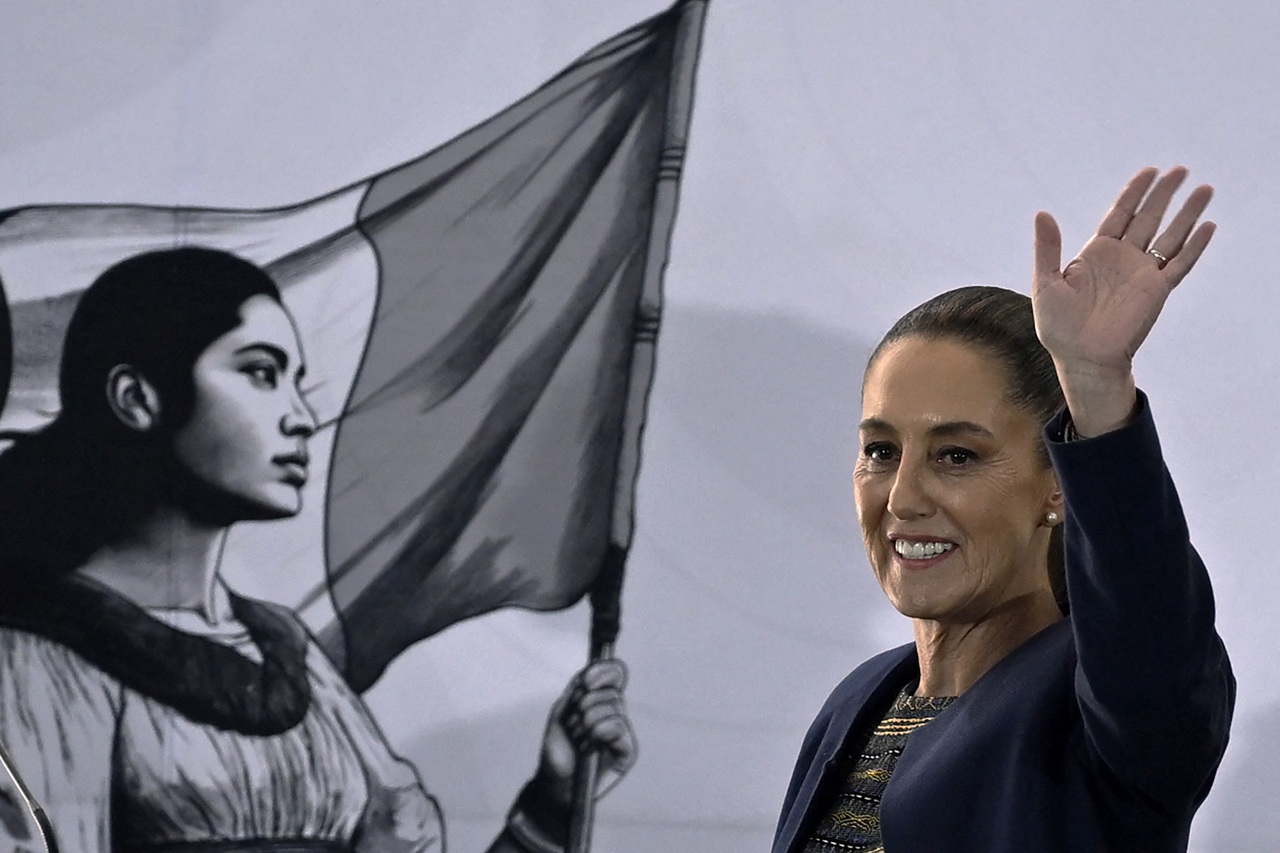
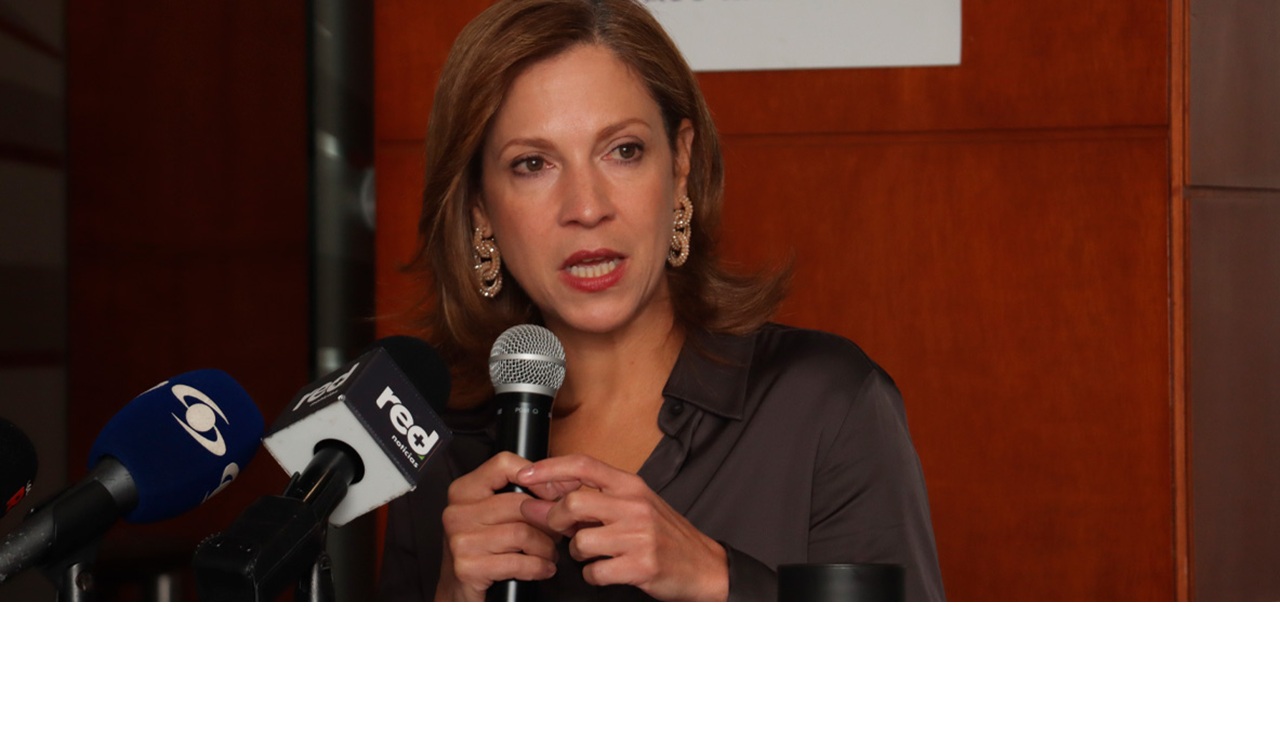
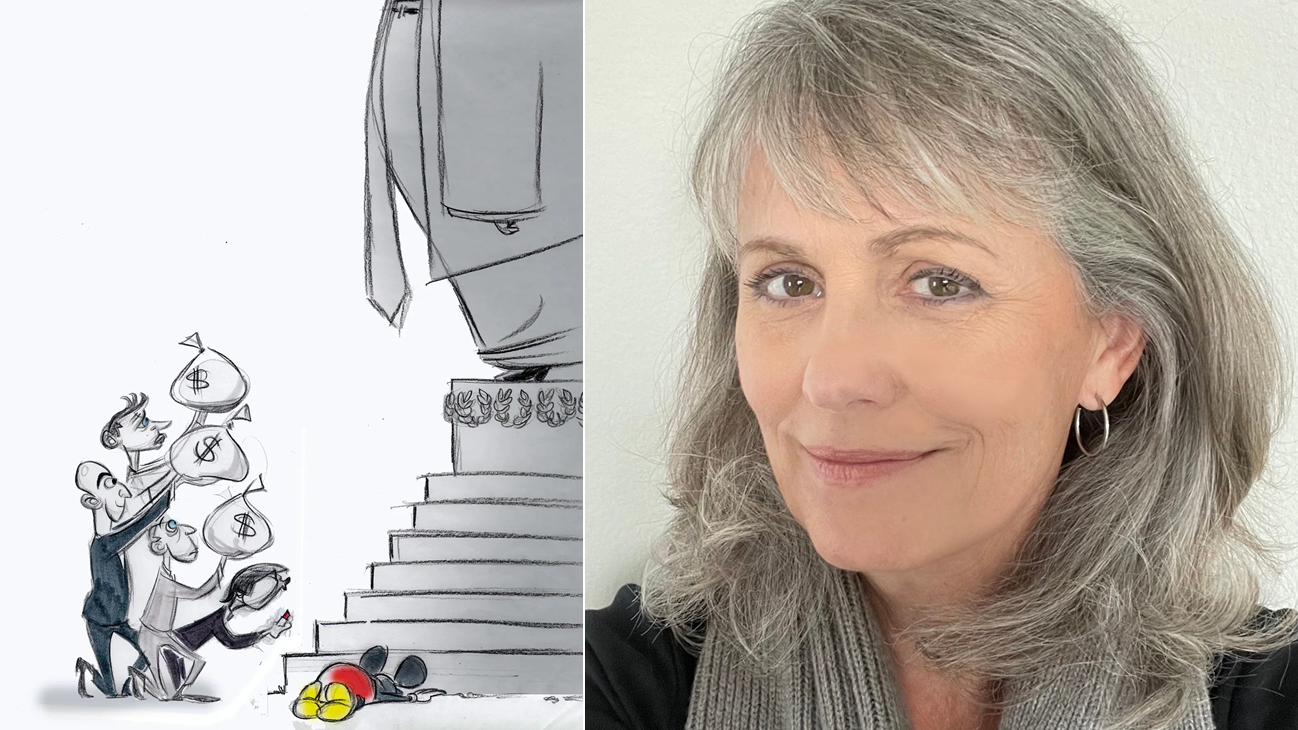
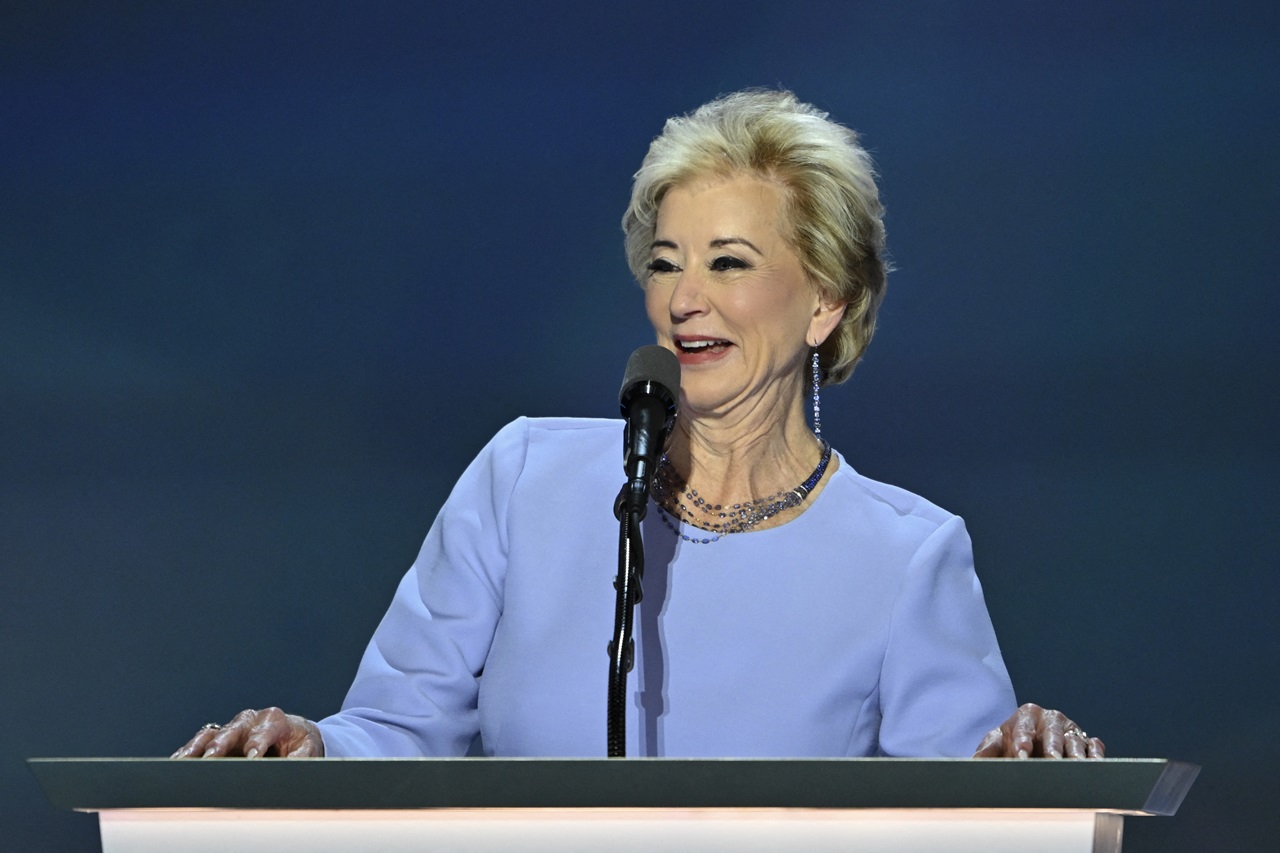
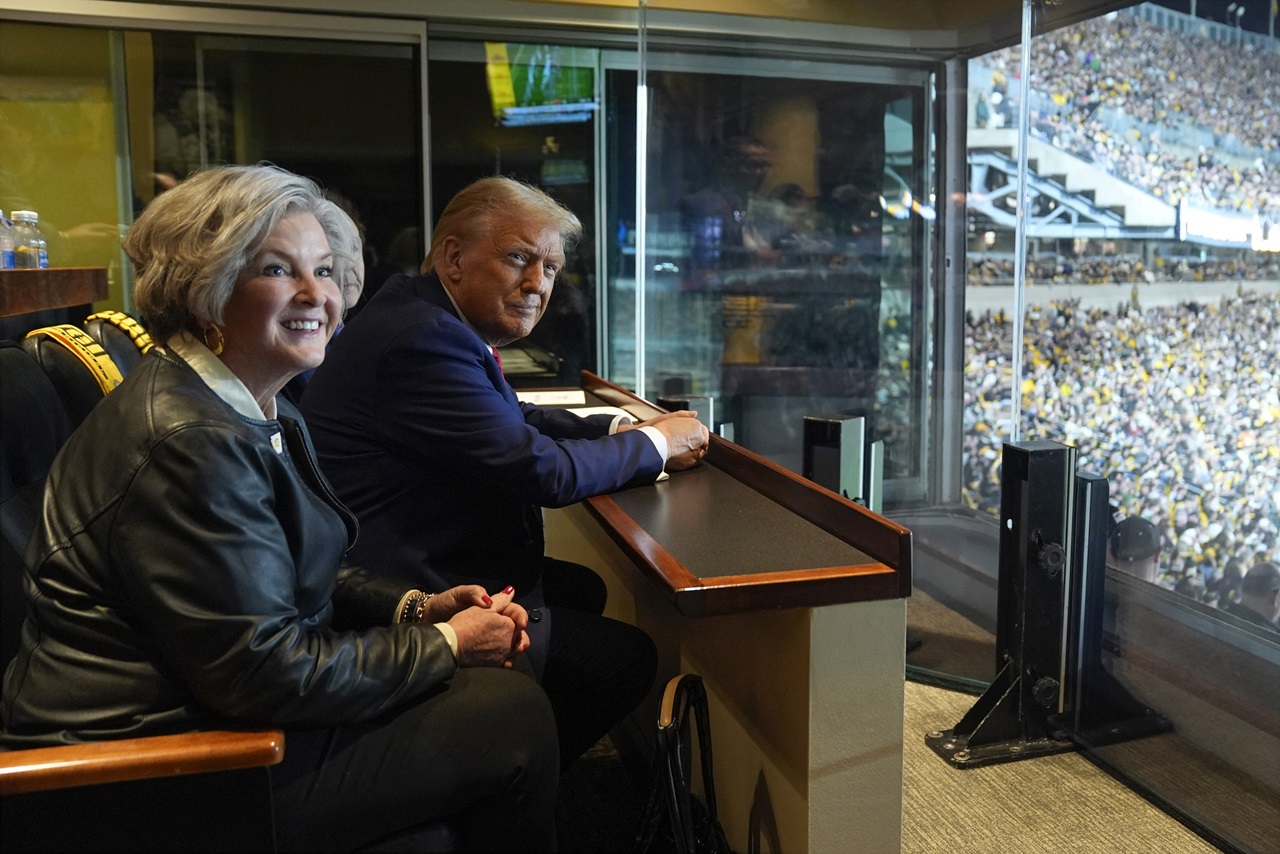
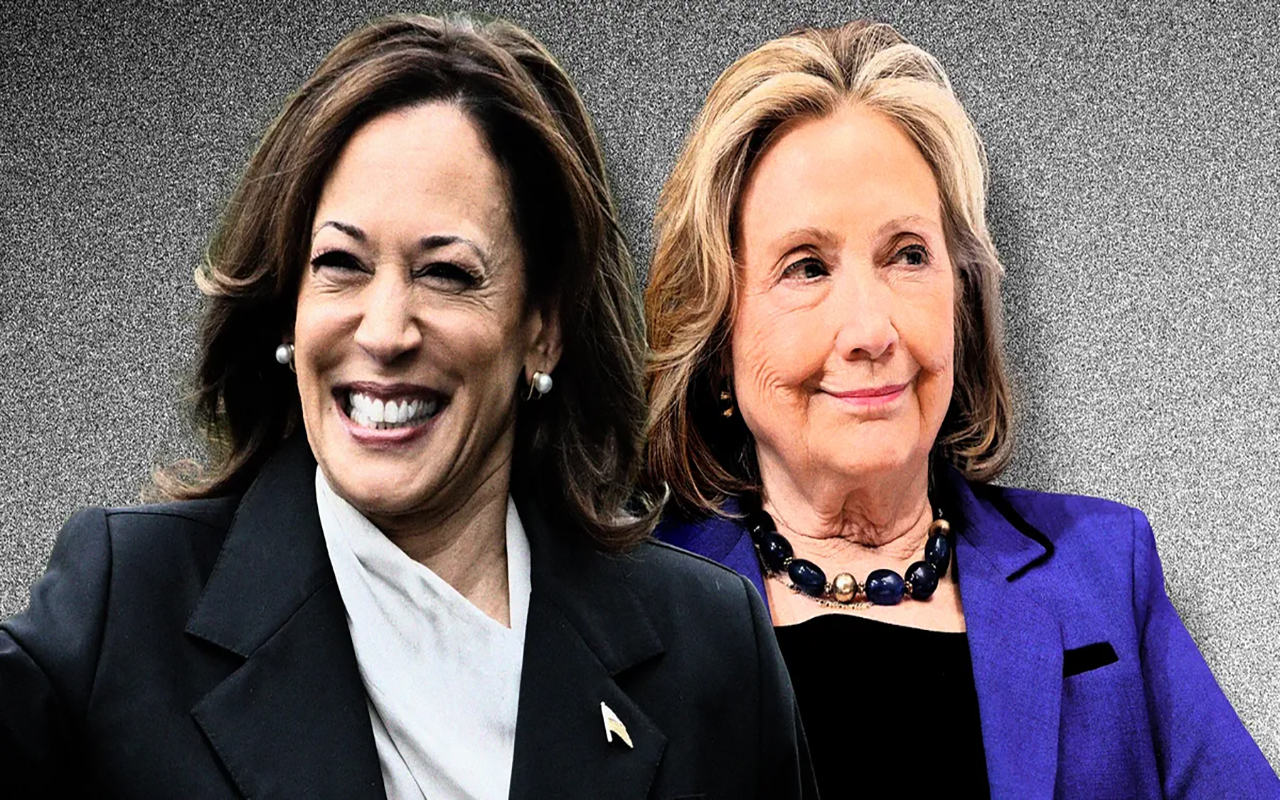
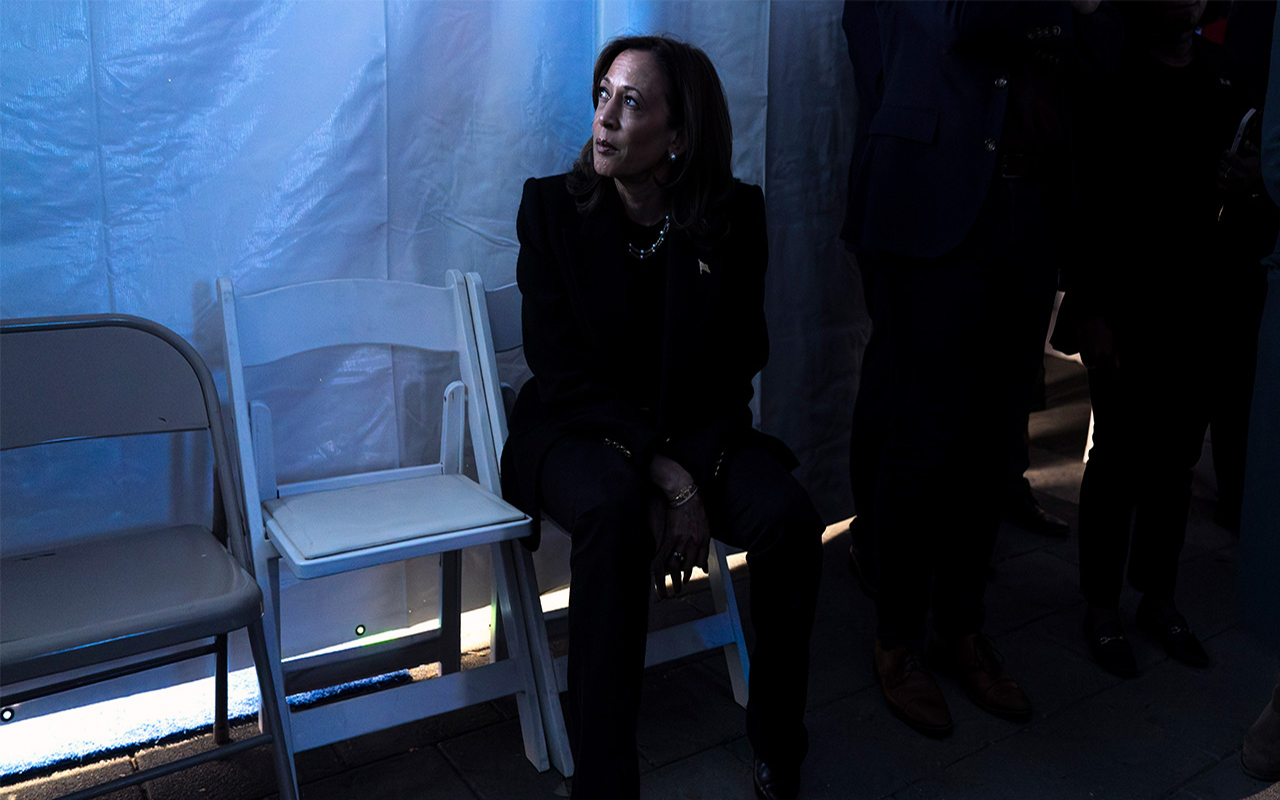
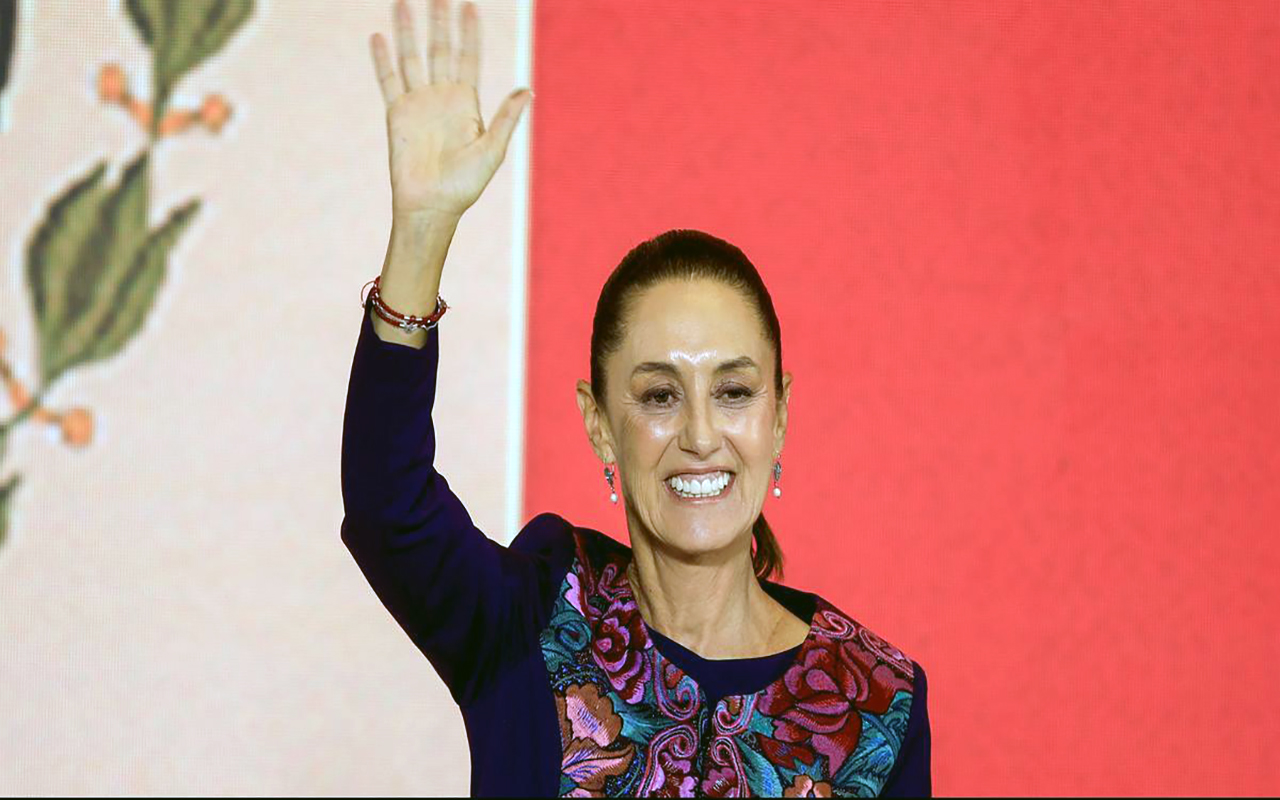

LEAVE A COMMENT: